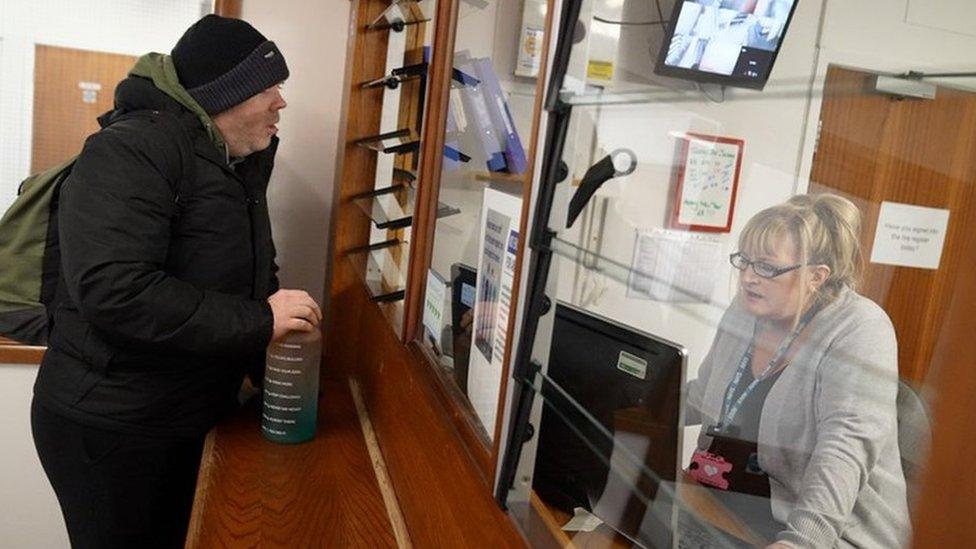'Patients save up problems for a GP appointment'
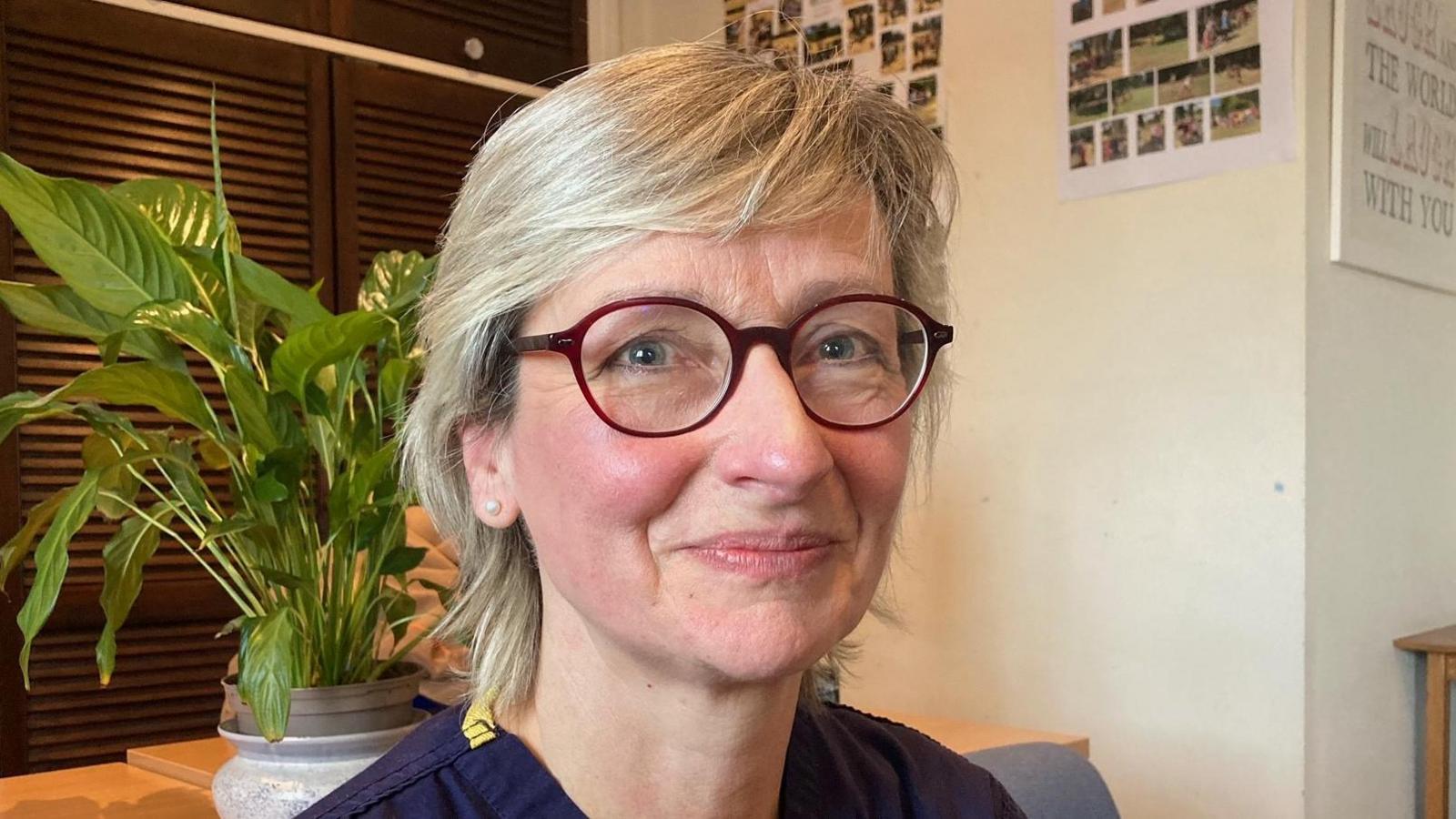
Dr Jo Warcaba says she often runs over her appointment times so she can deal with more than one ailment
- Published
The NHS is under increasing pressure and GPs say they are seeing those issues on a daily basis.
But at a surgery in Moulton, near Northampton, the staff also say they feel privileged to be able to help so many people.
With more than 12,700 patients on its books and more set to join with major housing developments in its catchment area, how are the staff dealing with the challenges?
'I tend to over-run with my appointments'
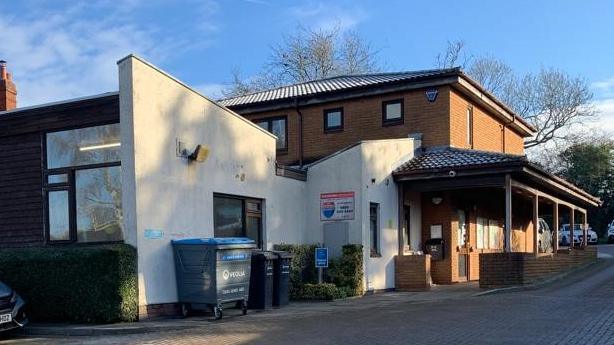
The GP surgery in Moulton wants to move to new premises to help cope with the increasing population in the area
Dr Jo Warcaba is one of the GPs at the surgery and says the pressure on GPs is "an ever-increasing problem because we've got an ageing population".
One solution, she says, is for more preventative medicine and greater community involvement, which the surgery is involved in.
"It's about finding ways of ageing well," she says.
"We're all going in the same direction and the crucial thing is to keep people active, keep them integrated into the community, keep them exercising and - if there's a problem and it's in its infancy - dealing with it then, rather than waiting until it's become a huge problem.
"I tend to over-run with my appointments. I think it's more important to find out a bit about the patient and why they're there and what factors they've got going on in their lives, rather than the one problem they've presented with at that time.
"You've got to do it well, [when] patients come in they've saved up their problems because they haven't been able to get an appointment.
"It's only when they get a crisis they then want to talk about these other things as well.
"If you miss that opportunity then quite often they're coming back again and again."
'We do the best we can'
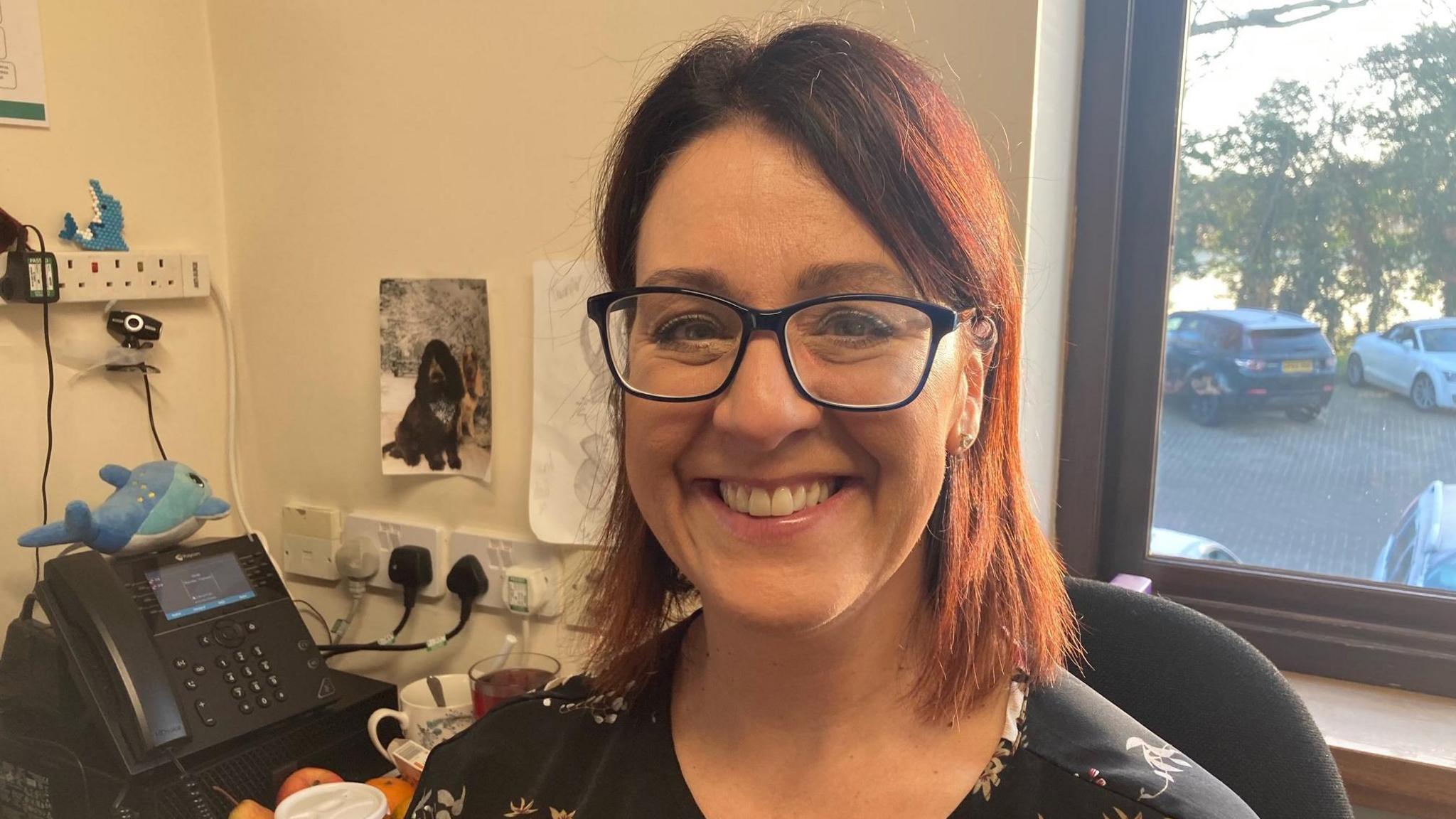
Wendy Ward, Moulton surgery's practice manager, says despite the increasing number of patients appointments are still available
Practice manager Wendy Ward says: "The constant demand for book-on-the-day appointments has enhanced considerably over the winter period."
She says the surgery also has to run routine appointments and clinics for conditions such as diabetes and asthma.
"There is so much we do, [seeing] people with different health concerns [and] dealing with them in different manners," she says.
But Ms Ward says it not just about getting patients an appointment with a GP.
"It's about us having the right people on board delivering different services," she says.
One issue the surgery has is its premises, which has not expanded at the same rate of the village.
She says it only has eight clinical rooms, meaning it is "difficult" to offer all the services the surgery wants to.
"We do the best we can," she adds.
'We have limited time with patients'
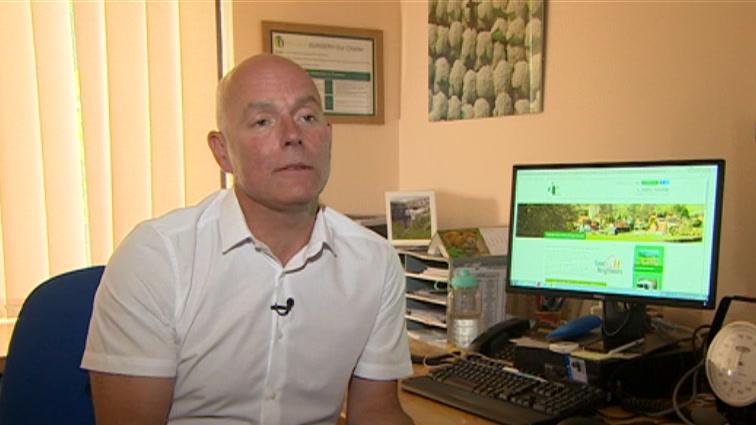
Dr Darin Seiger says the number of patients he sees in a day has tripled during his time in the role
Senior partner at the surgery, Dr Darin Seiger has been a GP in Moulton since 1997.
He says: "When I started I would see 12 patients in the morning and 12 in the afternoon. [On Wednesday] I saw 75 patients.
"I woke up at 5:30 in the morning to get through my letters, the results from the hospital, insurance reports for patients wanting mortgages and life assurances.
"We use text quite a bit now. I had about 10 text conversations with patients and then there are messages [at the surgery] that need responding to.
"I was in work at 7.30[am], didn't leave until 7.15[pm] and still had an hour of paper work to do."
Dr Seiger says the number of patients the surgery is seeing is "rapidly growing".
"Inevitably we need to not spend as much time with everyone as we normally would, you just try to provide the best possible service you can in the limited time you have," he says.
'Huge pressure on the team'
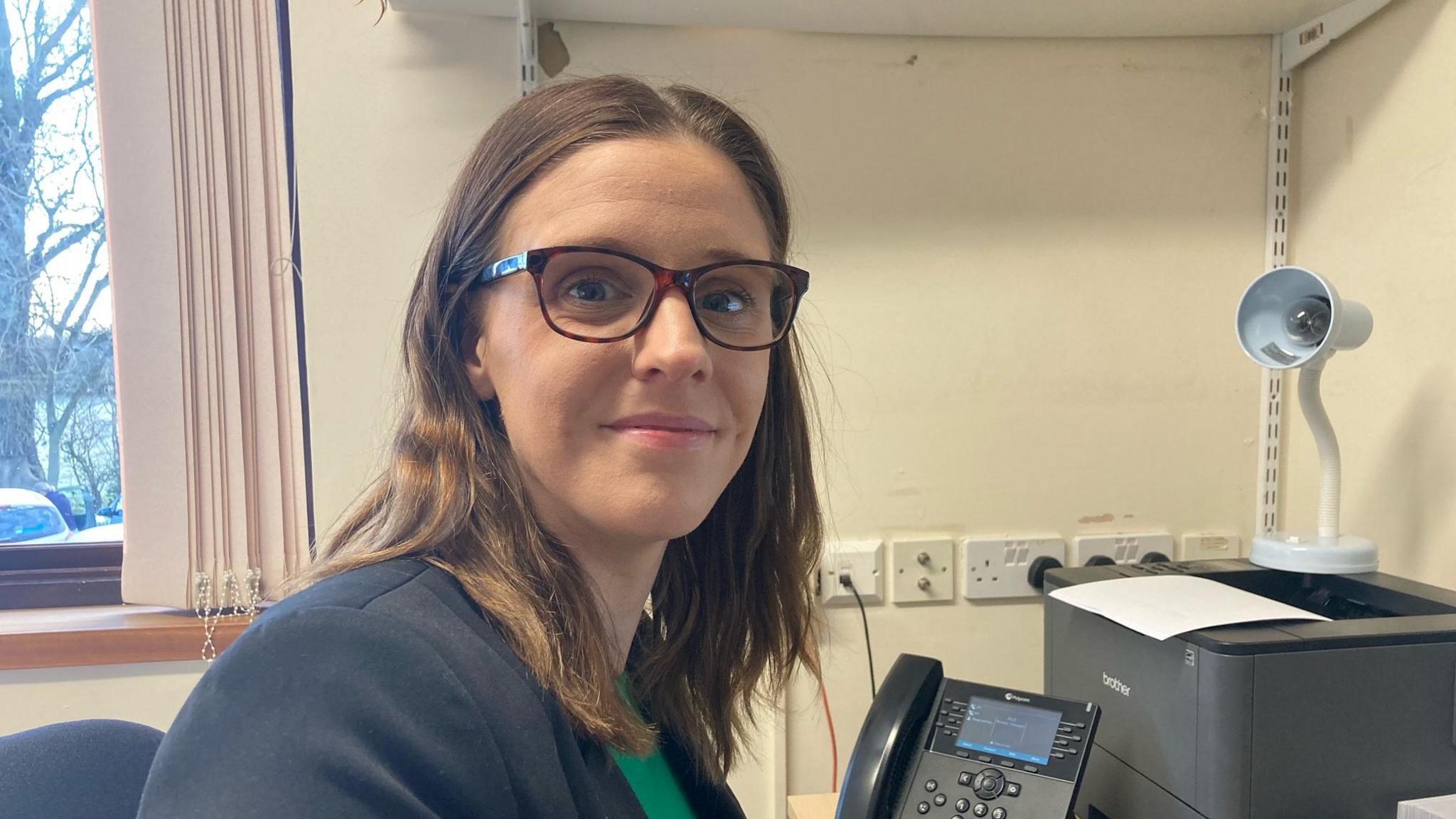
Team leader for administration and reception Fiona Linham says patients do not always need to see a GP
Fiona Linham, the team leader for administration and reception at the surgery, says the "workload has increased significantly".
She says: "The job is ever growing and ever changing."
The people who work on the surgery's reception do a "really difficult job", she says.
Ms Linham says: "We do get patients who ring us more often now than before and they say '999 won't come out to me, can I come and see you?'
"It is our reception team who are the people who need to understand those pressures and best direct that patient. It's a huge pressure on the team."
The government has said it is "working tirelessly" to ensure patient care and recognises the pressures being faced by the NHS.
It also said it was providing £14.1bn in additional funding for health and social care over the next two years, as well as an extra £500m to try to speed up hospital discharges.
Find BBC News: East of England on Facebook, external, Instagram, external and Twitter, external. If you have a story for us, email eastofenglandnews@bbc.co.uk, external
Related topics
- Published4 January 2023
